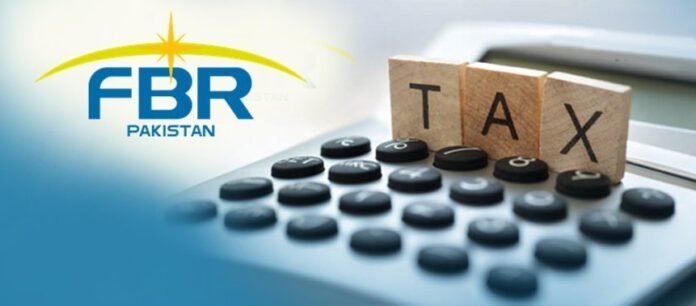The government on Monday defended the recently promulgated Tax Laws (Amendment) Ordinance, 2025, describing it as a focused intervention to plug legal and administrative loopholes in tax enforcement and revenue recovery.
Signed into law by President Asif Ali Zardari on May 2, the ordinance introduces what the Finance Division termed “only three carefully scoped amendments, addressing urgent legal, administrative, and enforcement gaps in the tax system.”
The first amendment strengthens oversight of Federal Board of Revenue (FBR) officers visiting private sector businesses. The Finance Division said such visits must be authorised through bar-coded letters, with all proceedings recorded via mobile devices. Officers are required to complete standardised forms submitted both electronically and in hard copy to FBR headquarters.
“The conduct of these officers is closely monitored by civil intelligence agencies, and any instance of misconduct—whether flagged by intelligence or reported by private businesses—is promptly investigated and addressed,” the statement said. A weekly report on monitoring activities is also submitted to the prime minister.
The second amendment deals with Sections 138(3A) and 140(6A) of the tax law, enabling immediate recovery of confirmed tax demands even if an appeal is pending, provided the matter has already been conclusively decided by the Supreme Court or High Courts.
“This amendment addresses the long-standing pendency of revenue-impacting litigation… where the constitutionality of tax provisions has been challenged,” the statement said, noting that “billions in confirmed revenue remained unrealised despite clear court verdicts.”
The Finance Division clarified that the provision does not apply to decisions issued by lower appellate forums such as Commissioners, Commissioner Appeals, or Inland Revenue Appellate Tribunals. “It is strictly limited to cases where the highest courts have already adjudicated on the matter and no stay is available,” the division said.
The third amendment, under Section 175C, allows the FBR to post officers for revenue monitoring of luxury services and high-turnover sectors that remain outside the existing sales tax net. These include upscale hotels and restaurants, event firms, and hatchery businesses.
“This is not targeted at traditional traders, who are already regulated under Section 40B,” the statement explained. “The objective is to address horizontal inequities in the tax base, as the burden of taxation has disproportionately fallen on salaried individuals and manufacturers.”
All monitoring under this clause will be “conducted transparently, under strictly defined SOPs, and in coordination with other regulatory authorities to prevent overreach or harassment.”




